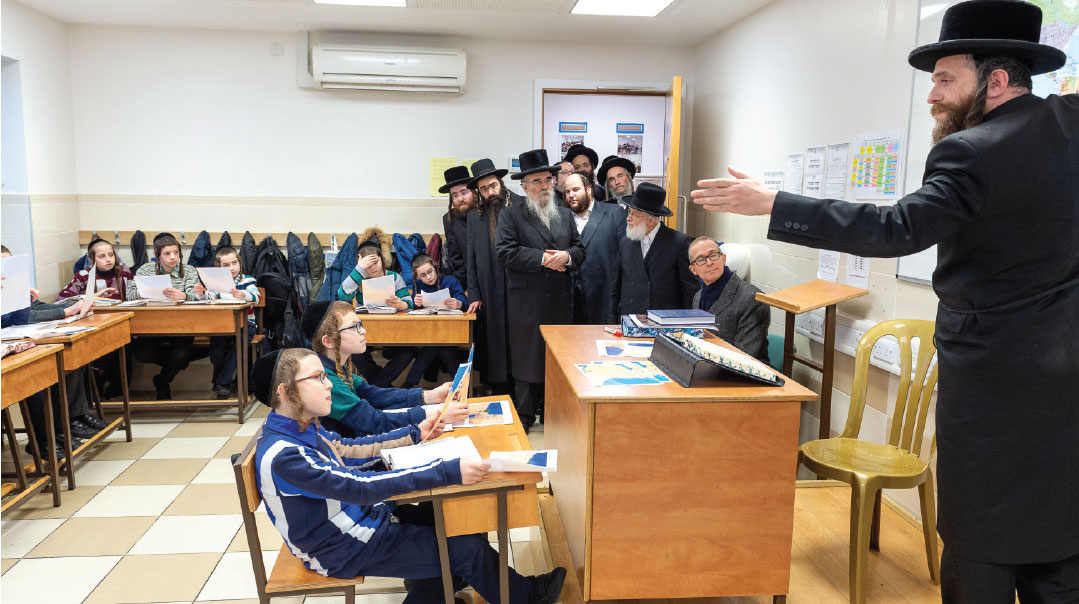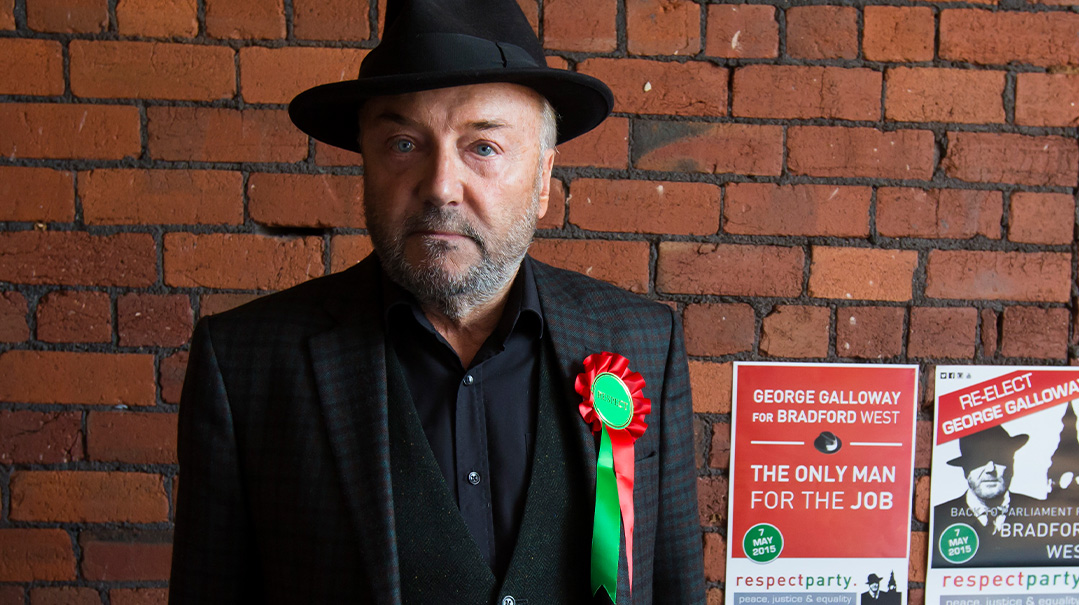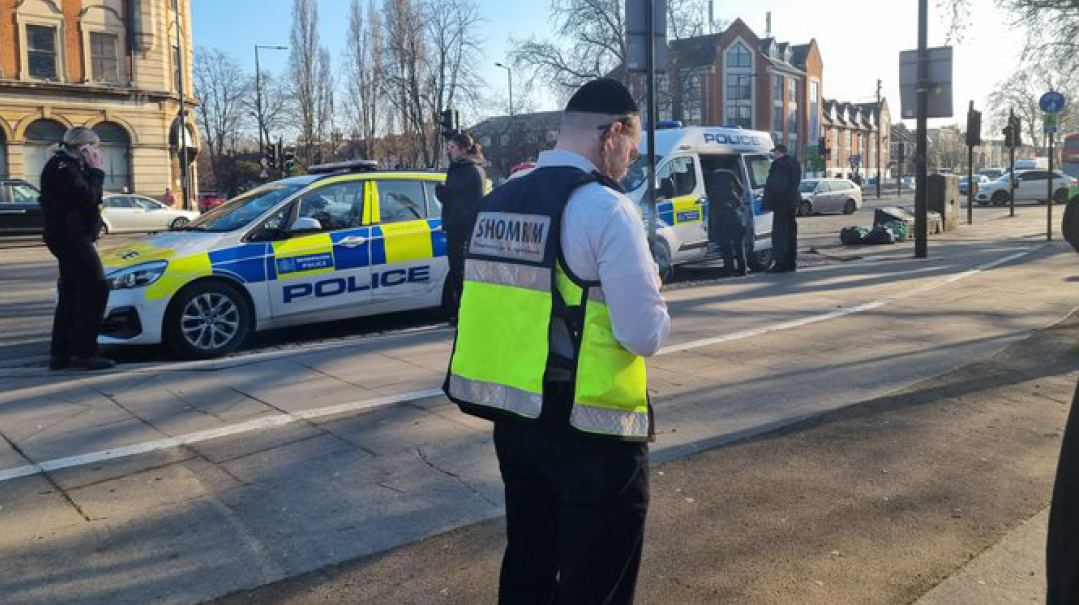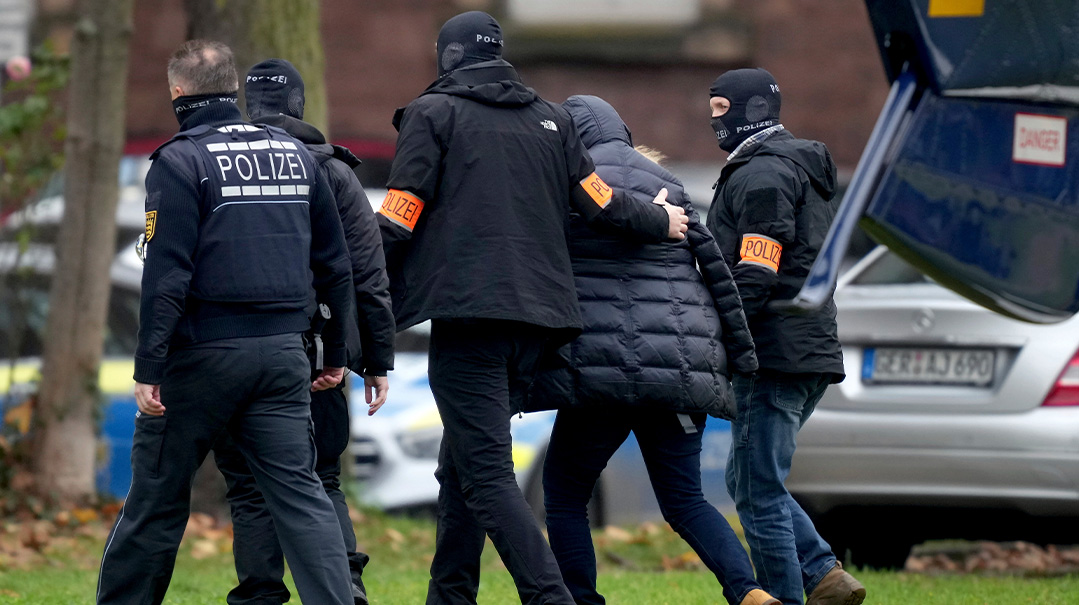New British Government, Same Chinuch Threat

A new front has opened up in the threat against chareidi education

How far will British education authorities go in their efforts to reform Jewish schools in the UK?
Two years after the threat to chinuch in the country made headlines, the Department for Education is pushing to expand the definition of independent schools that are monitored by the department to include frameworks that operate within school hours and for school-age pupils but have religious-only education — a proposal seemingly tailor-made to affect some yeshivah ketanahs.
“The affected settings,” states the new proposal, “are most likely to be yeshivos serving those of the Jewish faith, although some others (e.g., some madrassas for those of Muslim faith) may also be affected if attendance at them is full-time.”
While there are no official figures for the number of targeted institutions, there are thought to be more than a dozen unregistered yeshivah ketanahs in London and Manchester, with the majority in London’s Stamford Hill neighborhood. Currently operating as lightly regulated youth clubs, these yeshivos will be threatened with closure if they continue in their current format.
In a statement reacting to this latest development, Rabbi Avrohom Pinter, principal of the Yesodey Hatorah school and a board member of Chinuch UK, which represents registered chareidi schools, said: “This is a blatant attempt at social engineering, which government should not get involved in.”
Given the UK’s fragmented religious environment, there is unlikely to be a unified chareidi response to these moves. Secular education up to age 16 is the norm in chareidi North West London, and even some of Stamford Hill’s chassidic community could live with a minimum of mandatory secular studies, as do similar communities in America.
But if these legal changes currently affect only a dozen yeshivah ketanahs across the country, the government’s seeming focus on a few Jewish schools out of approximately 7,000 faith schools nationwide is of concern to Jewish education officials. There’s no guarantee that authorities will stop there: Sooner rather than later, they could turn their sights on increasing the amount of secular education in already-monitored chareidi schools.
Separately, the ongoing effort to deal with aggressive inspections by school inspectorate Ofsted took a new turn when some chareidi schools were contacted by the Department for Education to encourage teaching of so-called “protected characteristics,” some of which are lifestyles in conflict with Torah values.
Enforcement of the Equality Act 2010 has been at the heart of the clash between Jewish schools and Ofsted over the last two years. As reported here, previously high-performing schools from all parts of the religious spectrum have been marked inadequate — despite high scholastic standards — for failing to teach about these characteristics, and for differentiating between girls’ and boys’ education. But in the most recently updated enforcement policy, the government makes clear that enforcement action (closure or restriction) will not normally occur to schools that don’t teach about all the “protected characteristics,” although their performance will be marked down — a policy schools can live with.
In response to the Department for Education’s latest correspondence, Chinuch UK’s Vaad Rabbonim released a statement reiterating its position that chareidi schools should not teach about lifestyles prohibited by the Torah and that “inspectors do not speak to pupils about these matters at all.”
After two years of friction between Britain’s chareidi community and education authorities, and many policy changes in favor of the community, a new front has opened up in the threat against chareidi education. And despite a new government in 10 Downing Street, nothing has changed for the liberal education warriors at Ofsted.
(Originally featured in Mishpacha, Issue 800)
Oops! We could not locate your form.













